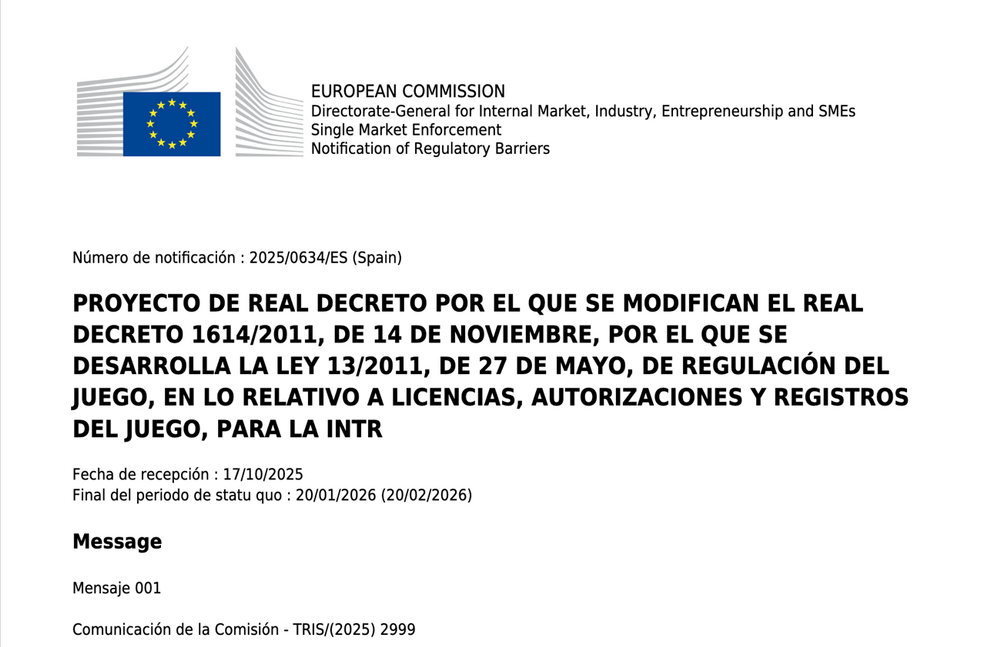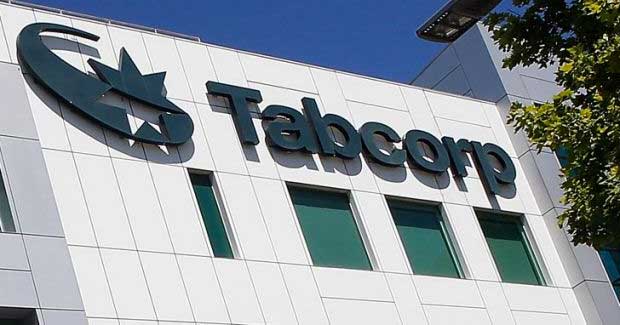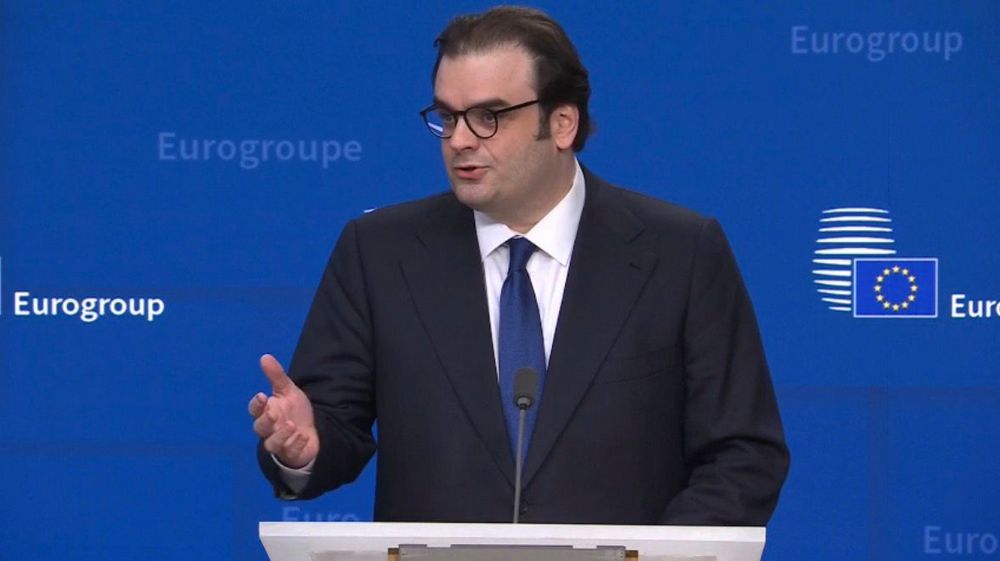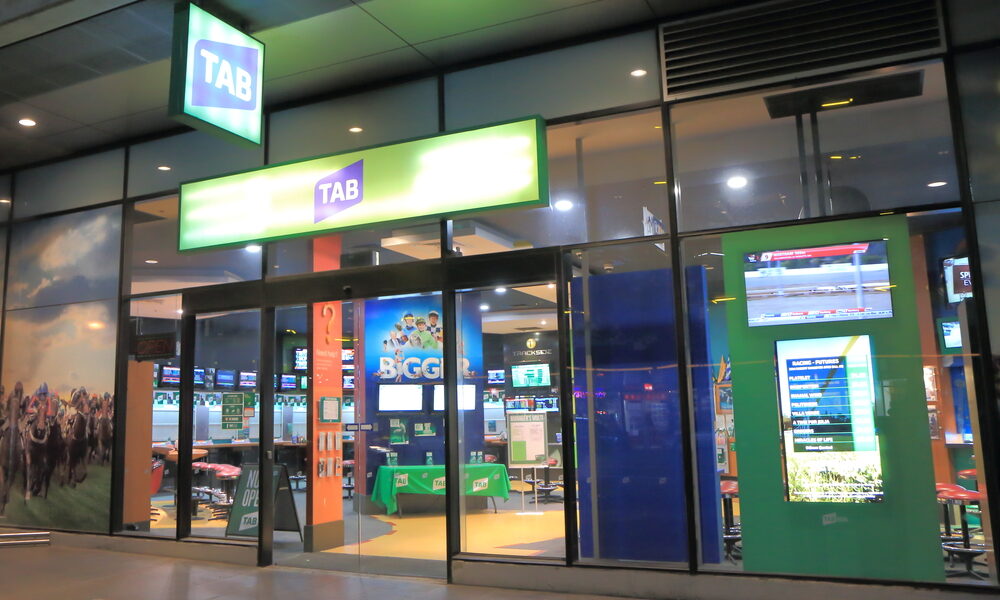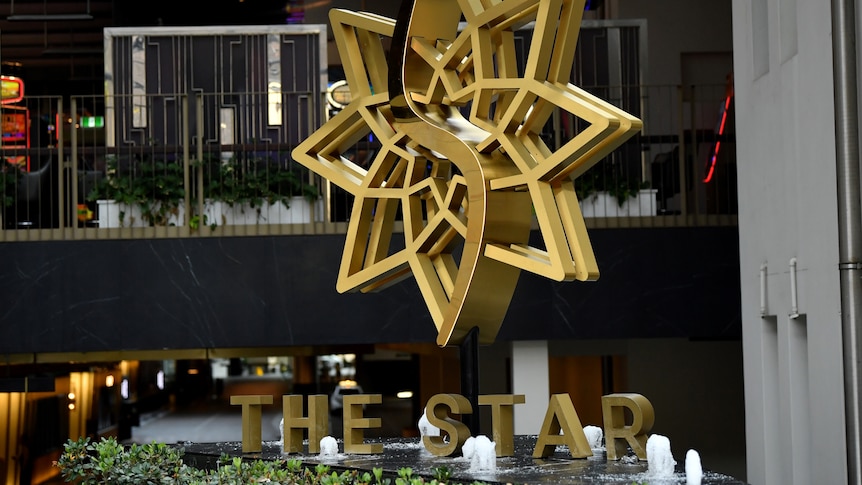New Zealand’s Parliament has officially backed the Online Casino Gambling Bill, which passed its first reading with 83 votes in favour and 39 against, a key milestone in what could become the country’s most comprehensive regulation of iGaming to date.
The support came primarily from the coalition government—comprising National, ACT and NZ First—but crucially, also received backing from the Green Party, whose unexpected vote allowed the bill to clear the initial hurdle.

The proposed law would authorize up to 15 online casino licences under strict operating conditions. Operators will be required to implement age verification tools, deposit limits, and voluntary self-exclusion systems. The bill also proposes a 1.24% levy on gross profits to fund the Problem Gambling Levy, which sustains national harm prevention services.
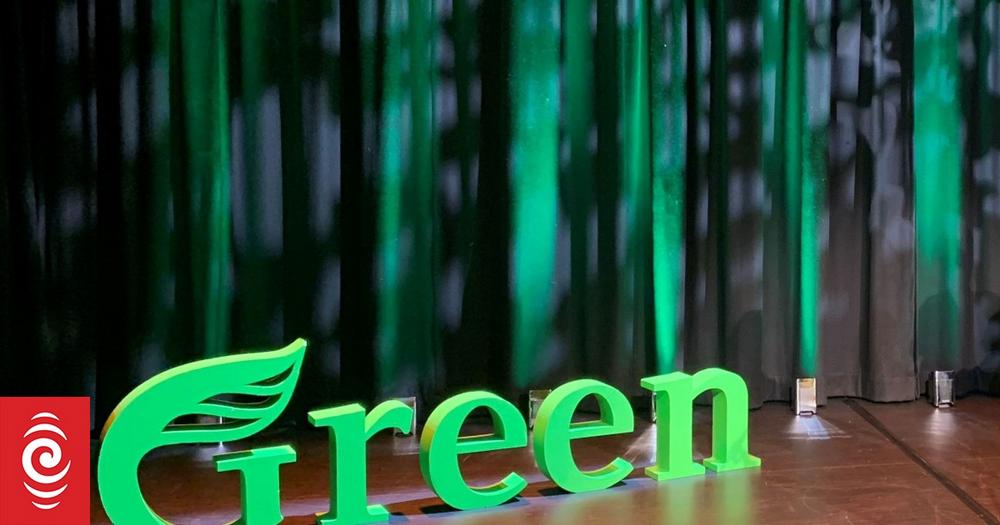
The Department of Internal Affairs will serve as the regulatory body, enforcing rules and applying fines of up to NZD $5 million for non-compliance—including unauthorized operators and breaches involving underage users.

Green Party MP Chlöe Swarbrick acknowledged the bill is “not perfect” but stressed the importance of regulating an already-existing grey market. She confirmed the party's support was conditional on upcoming select committee scrutiny, where public health advocates and Māori community leaders will have the chance to push for stronger harm-minimisation measures.
Critics—including the Problem Gambling Foundation—warn the market could be overwhelmed with availability and called for mandatory pre-commitment systems and advertising restrictions.
Still, the government insists that capping licences at 15 will strike a balance between consumer demand, commercial interest, and social responsibility. If passed, the full implementation is projected by early 2026.













